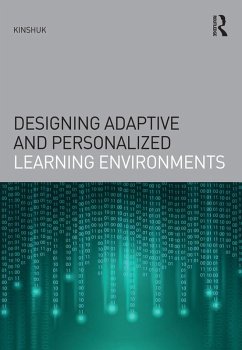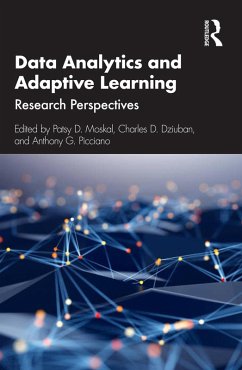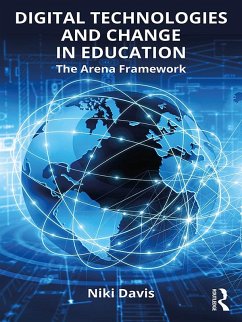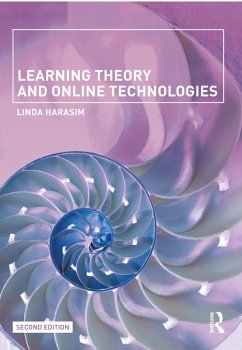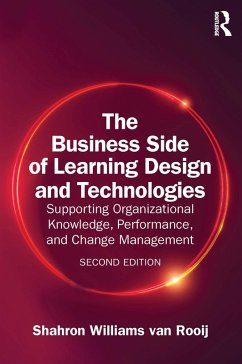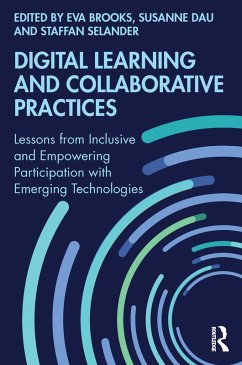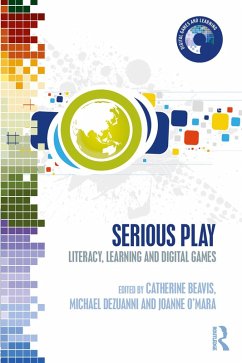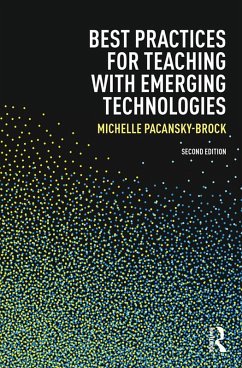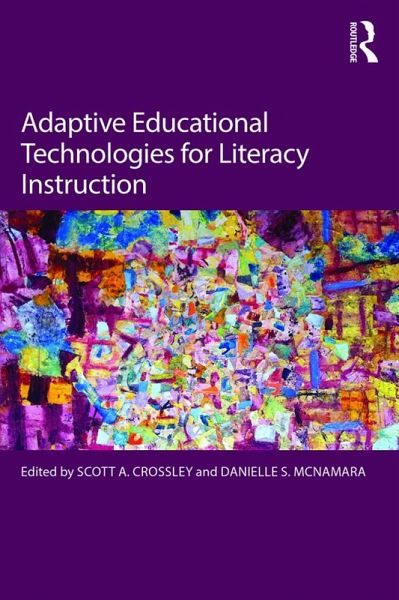
Adaptive Educational Technologies for Literacy Instruction (eBook, PDF)
Versandkostenfrei!
Sofort per Download lieferbar
49,95 €
inkl. MwSt.
Weitere Ausgaben:

PAYBACK Punkte
25 °P sammeln!
While current educational technologies have the potential to fundamentally enhance literacy education, many of these tools remain unknown to or unused by today's practitioners due to a lack of access and support. Adaptive Educational Technologies for Literacy Instruction presents actionable information to educators, administrators, and researchers about available educational technologies that provide adaptive, personalized literacy instruction to students of all ages. These accessible, comprehensive chapters, written by leading researchers who have developed systems and strategies for classroo...
While current educational technologies have the potential to fundamentally enhance literacy education, many of these tools remain unknown to or unused by today's practitioners due to a lack of access and support. Adaptive Educational Technologies for Literacy Instruction presents actionable information to educators, administrators, and researchers about available educational technologies that provide adaptive, personalized literacy instruction to students of all ages. These accessible, comprehensive chapters, written by leading researchers who have developed systems and strategies for classrooms, introduce effective technologies for reading comprehension and writing skills.
Dieser Download kann aus rechtlichen Gründen nur mit Rechnungsadresse in A, B, BG, CY, CZ, D, DK, EW, E, FIN, F, GR, HR, H, IRL, I, LT, L, LR, M, NL, PL, P, R, S, SLO, SK ausgeliefert werden.




